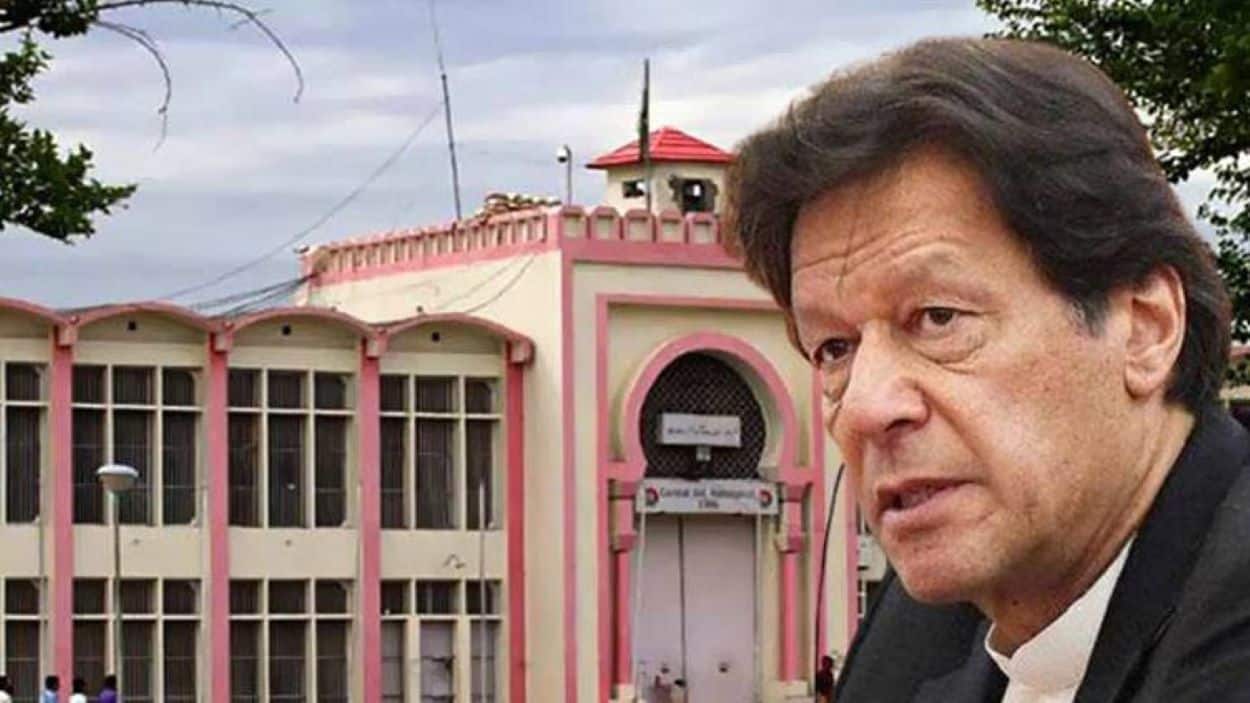An Anti-Terrorism Court (ATC) in Lahore dismissed a police request to conduct polygraph and photogrammetric tests on Pakistan Tehreek-e-Insaf (PTI) founder Imran Khan in connection with 12 cases tied to the May 9, 2023, riots. The court cited Khan’s repeated refusal to cooperate, marking a significant development in the high-profile case.
The May 9, 2023, riots erupted following Imran Khan’s arrest, with alleged PTI supporters attacking public properties, including military installations, across Pakistan. The violence prompted authorities to pursue trials under the Army Act. The 12 cases against Khan involve charges related to inciting violence, a claim he denies.
The ATC judge noted, “The accused was given two opportunities to prove his innocence, but he wasted them due to his obstinacy.”
Imran Khan’s Polygraph Tests
The Lahore ATC rejected the prosecution’s plea for polygraph, photogrammetric, and voice-matching tests, citing Khan’s prior refusals. The court had previously granted police permission twice, but Khan, detained at Adiala Jail, declined to participate. The judge ruled that a third chance would be “a mere waste of time,” ordering investigators to proceed using other legal methods. The decision underscores tensions between the judiciary and Khan, who maintains his innocence.
As reported by The News, a 15-member Lahore Police team, led by DSP Asif Javed and including Punjab Forensic Science Laboratory experts, visited Adiala Jail to conduct the tests. Sources documented Khan’s refusal to cooperate, which has stalled forensic evidence collection. The ATC’s directive to complete the probe using alternative methods pressures investigators to build a case without these tests, potentially affecting the trial’s outcome.
The ruling intensifies scrutiny on Khan’s legal battles, which many view as part of a broader political crackdown on PTI. The May 9 cases have polarised Pakistan, with supporters rallying behind Khan and critics demanding accountability for the riots.






